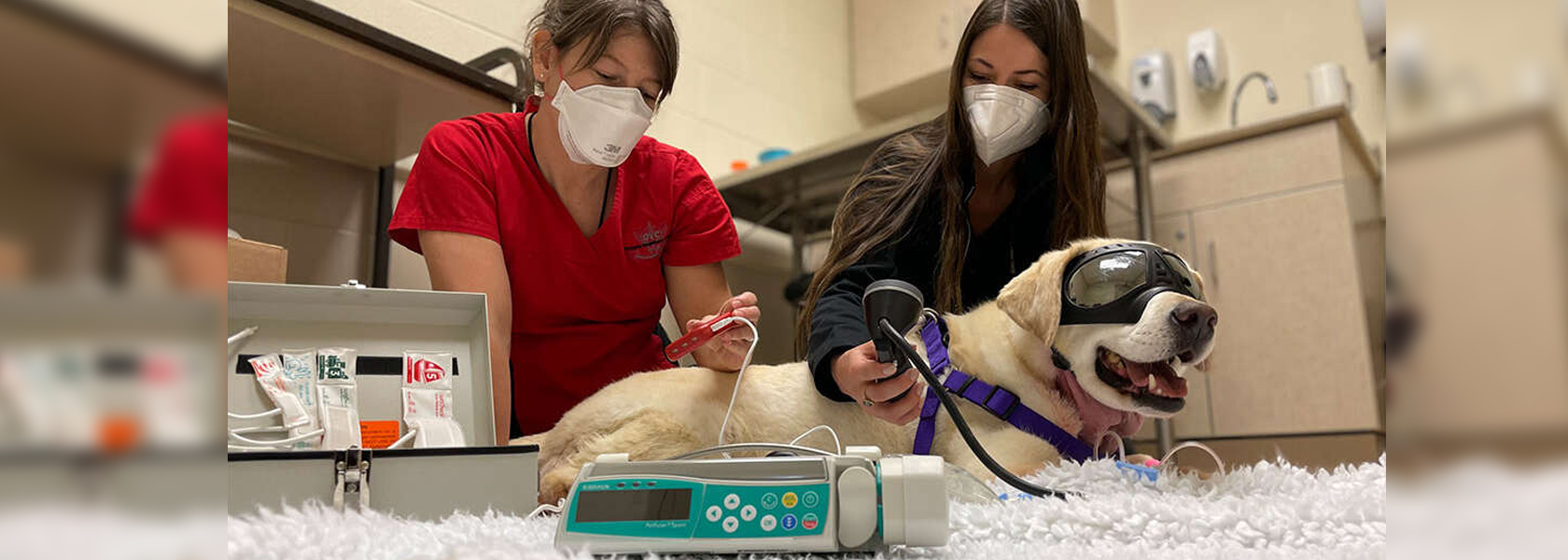“There is nothing that gets me more fired up than hearing from the very people whose lives we’re looking to make a difference in.”
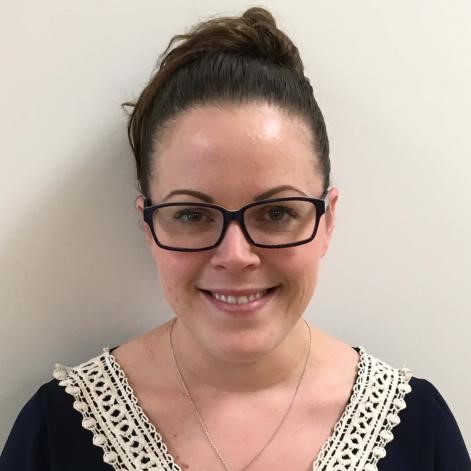
For Dr. Shaun Sanders, brain cancer research revolves around her lab in the University of Guelph’s Department of Molecular and Cellular Biology (MCB), part of the College of Biological Science. But she never loses sight of the human impacts of all that lab work.
Referring to cancer patients and their families, Sanders said, “Hearing from patients or loved ones is just really motivating. It’s helpful for researchers to be reminded why we’re doing this.”
That sentiment might be echoed by numerous researchers around the U of G campus whose varied investigations aim to understand – and, ultimately to prevent, detect and treat – a multi-faceted disease that is the second leading cause of deaths worldwide.
They’re also the goals of World Cancer Day held on Feb. 4, an international day led by the Union for International Cancer Control to draw attention to a disease that kills some 10 million people every year – more than HIV/AIDS, malaria and tuberculosis combined.
For casual observers, U of G’s connection to oncology research might come as a surprise. Indeed, for numerous health research topics including cancer, the University attracts more federal, industry and philanthropic health-related funding than any other Canadian university without a medical school. How?
Clinical trials bridge companion animal and human cancer
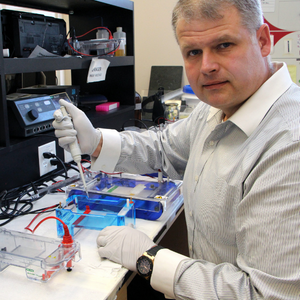
Cancer research is a key part of the answer, says Dr. Jim Petrik, a longtime faculty member in the Department of Biomedical Sciences within the Ontario Veterinary College (OVC).
Sure, there’s no medical school on campus, says Petrik. But there’s U of G’s world-renowned veterinary school with its long and extensive history of treating pets, including running clinical trials involving animals with cancer.
Those studies offer a huge advantage over traditional rodent models of various cancers, although OVC researchers do use the latter in their work.
“Companion animal cancer patients show up here with this disease,” said Petrik. “These animals live in the same environments as humans. They develop cancers that look more like human cancers than artificially generated models.”
That’s important for translational research bridging animal and human health.
Cancer research fosters collaboration across disciplines
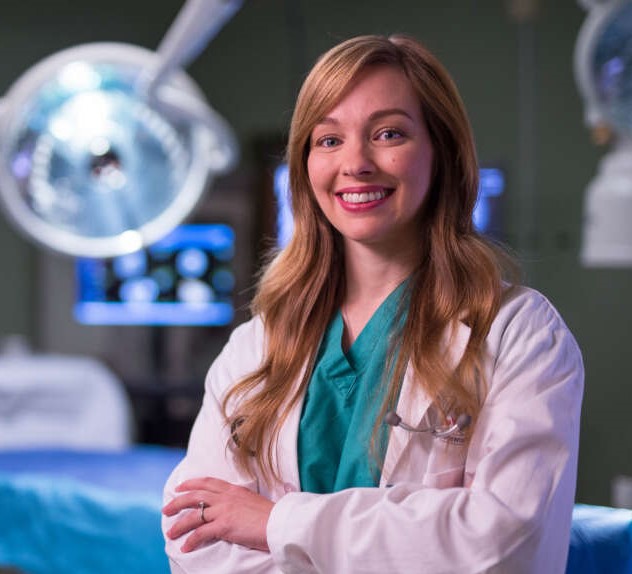
That concept finds form at U of G in the new Bench to Bedside Institute for Translational Health Research and Innovation, launched in 2022 as a first for Canada. Bench to Bedside brings together scientists in fundamental lab-based work with veterinary clinician-scientists working with companion animals with varied health issues.
More broadly, Bench to Bedside draws on the One Health approach, said Petrik, who serves as a co-director. Under that approach – embodied in the University’s One Health Institute – researchers and scholars pursue connections among human, animal and environmental health.
For an example of those interdisciplinary crossovers, look to clinical studies professor and Bench to Bedside co-director Dr. Michelle Oblak.
The veterinary surgeon oncologist heads a team testing a new photodynamic cancer treatment on dogs based on nanotechnology and laser light therapy.
Oblak’s team has partnered with researchers at Toronto’s University Health Network, where the technology was developed. “This is such an exciting opportunity to have an impact on how cancer is treated in both humans and pets,” she said.
OVC tumour bank holds thousands of samples for research
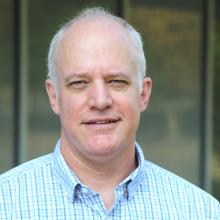
Within OVC, 20+ clinical trials are under way at any one time based at the Mona Campbell Centre for Animal Cancer in the OVC Health Sciences Centre. The animal cancer centre takes an interdisciplinary team approach to treatment, clinical trials and therapies involving companion animals.
OVC Companion Animal Sample Tumour Bank (CASTB) contains more than 30,000 samples of tissue collected from just under 2,000 patients for research use.
Dr. Geoff Wood, a cancer researcher in the Department of Pathobiology and, along with Oblak, co-director of OVC’s Institute for Comparative Cancer Investigation (ICCI), said the tumour bank serves much like a financial investment for health.
Referring to occasional withdrawals of stored tissue for various projects, he said, “It’s like a long-term smart investment that pays off over time.”
Fostering collaborations is the goal of Bench to Bedside, which aims to connect human and veterinary health researchers along with industry and regulatory authorities as well as.
U of G researchers focus on oncology from ovarian to brain cancers
Referring to Bench to Bedside, including its connections to human medicine clinicians in nearby cities, Petrik said, “We have a very powerful opportunity here to change the way we think about developing cancer therapies.”
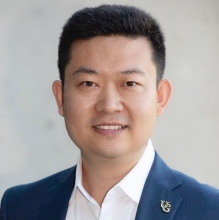
His own research aims to improve delivery of drugs for chemotherapy-resistant ovarian and pancreatic cancer.
Other hard-to-treat cancers include brain tumours, like those under the microscope of MCB’s Shaun Sanders. She studies misfolding of proteins that lead to glioblastoma multiforme, an aggressive and drug-resistant cancer that is the most common malignant brain tumour in adults.
Sanders works with MCB professors Dr. Nina Jones and Dr. Jasmin Lalonde on “mini-brain” models – basically neurons grown in culture – to find ways to thwart the disease progression.
Also in MCB, Dr. Wei Zhang studies protein signalling and biochemical pathways common to many forms of cancer. “We want to create new molecules to bring therapeutics closer to the cancer target,” he said.
These researchers are just a few of the many U of G oncology experts connected through Bench to Bedside and the University’s Institute for Comparative Cancer Investigation. The ICCI also brings together numerous researchers from on and off campus during an annual cancer research symposium.
Contact:
Dr. Jim Petrik
jpetrik@uoguelph.ca
Dr. Geoff Wood
gewood@uoguelph.ca
